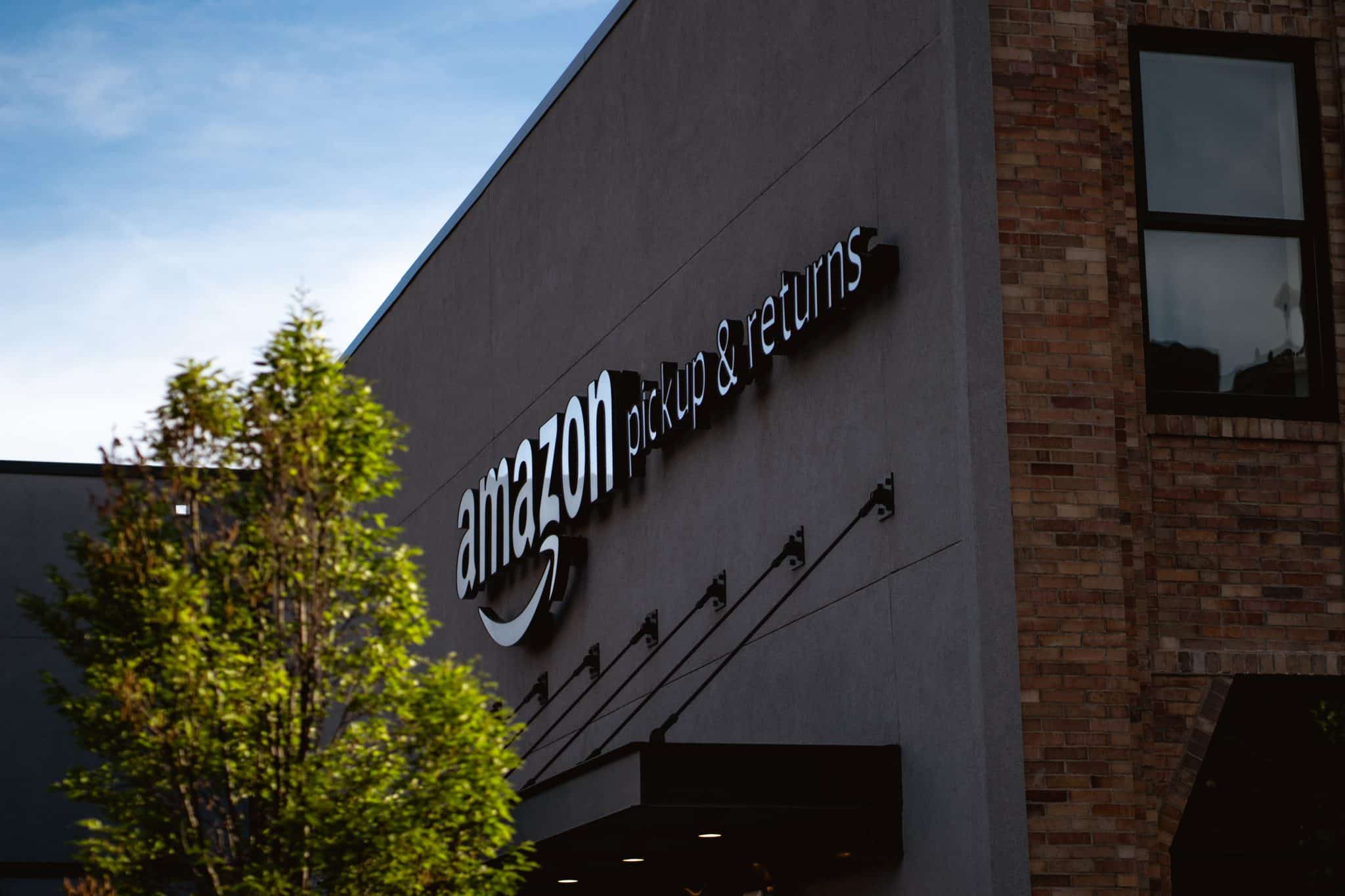
Zachary Boullt is a student at Harvard Law School.
Motherboard, a part of Vice, obtained access to over two dozen internal Amazon reports with a plethora of details about Amazon’s spying and monitoring of labor activity in Europe and elsewhere. The report reveals a vast network of monitoring operations that have included hiring Pinkerton operatives, notorious for union-busting, to gather intelligence. Amazon’s security division receives exceedingly detailed reports from around the world on warehouse organizing activity. The reports also show how Amazon has been using social media to track environmental activism, which it perceives as a “hazard” to operations. One section of the reports details how Amazon includes labor activities within its “operational environmental” category of “security risk” and gathers detailed intelligence information and makes risk assessments for union activity. While much of the reports are specific to Europe, the tactics used by the company are often replicated elsewhere, such as its use of fake social media accounts to spy on worker social media groups. Amazon is also in the news for a group of Amazon warehouse workers in Alabama petitioning to form a union.
New York Magazine has published a spotlight on potential demands from organized labor to the Biden administration. Initiatives that organized labor leaders believe Biden sees eye-to-eye with them on are passing the PRO Act, passing a $15 minimum wage, and increasing OSHA staffing. Other points of pressure include pandemic stimulus relief, reversing Trump administration overtime rules, and passing an OSHA emergency temporary infectious disease standard. As for appointments, some of the largest unions are divided amongst support for different floated Labor secretary candidates, such as Senator Bernie Sanders, Sara Nelson, Julie Su, Marty Walsh, and Representative Andy Levin. Some union leaders are skeptical about Bruce Reed being a top contender for the Office of Budget and Management, who is known as a deficit hawk.
A new study has concluded that community spread tied to outbreaks at meatpacking plants contributed to as many as 1 in 12 cases of COVID-19 in the pandemic’s early stages. The risk of virus spread and death was primarily associated with large meatpacking plants and the biggest companies in the industry. Research results show that communities that shut down slaughterhouses were able to slow viral contagion. The research also shows that residents of counties with meatpacking plants were 51% more likely to contract the virus by July 21 and 37% more likely to die from the virus.
Amazon and the meatpacking industry have both also been featured in a profile from Bloomberg Law Daily Labor Report analyzing race-based claims that workers have been taking to court. Featured in the article is Chris Smalls’s class action suit against Amazon for not providing health and safety measures and equipment to its Black and Hispanic workforce, while its white management was able to practice distancing safety measures. Lawsuits have also been filed in the meatpacking industry based in claims that 90% of the workers who contracted the virus are minorities. Other race-based lawsuits include Florida transit workers claiming the majority Black workforce did not receive proper safety equipment and Latino farmworkers in Michigan claiming they were not protected from viral spread.






Daily News & Commentary
Start your day with our roundup of the latest labor developments. See all
July 15
The Department of Labor announces new guidance around Occupational Safety and Health Administration penalty and debt collection procedures; a Cornell University graduate student challenges graduate student employee-status under the National Labor Relations Act; the Supreme Court clears the way for the Trump administration to move forward with a significant staff reduction at the Department of Education.
July 14
More circuits weigh in on two-step certification; Uber challengers Seattle deactivation ordinance.
July 13
APWU and USPS ratify a new contract, ICE barred from racial profiling in Los Angeles, and the fight continues over the dismantling of NIOSH
July 11
Regional director orders election without Board quorum; 9th Circuit pauses injunction on Executive Order; Driverless car legislation in Massachusetts
July 10
Wisconsin Supreme Court holds UW Health nurses are not covered by Wisconsin’s Labor Peace Act; a district judge denies the request to stay an injunction pending appeal; the NFLPA appeals an arbitration decision.
July 9
the Supreme Court allows Trump to proceed with mass firings; Secretary of Agriculture suggests Medicaid recipients replace deported migrant farmworkers; DHS ends TPS for Nicaragua and Honduras